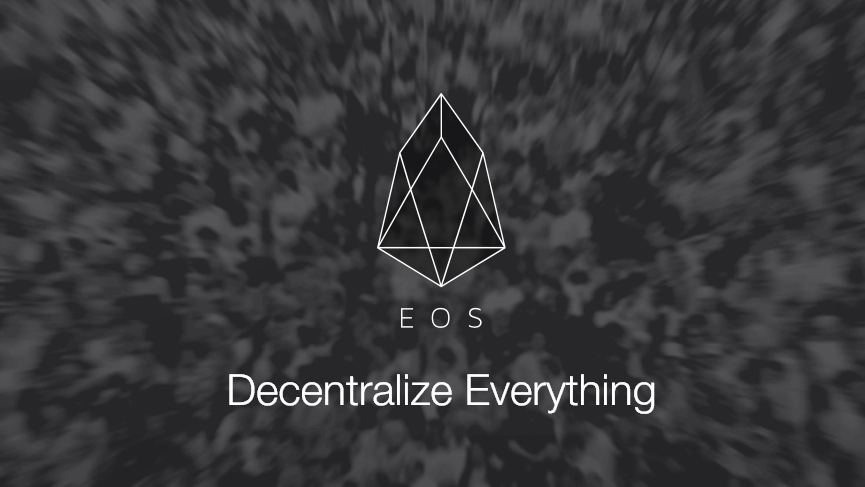
The Chinese Bitcoin exchange Huobi is planning to set up an exchange based on the crypto currency EOS. This is to be done via its mining subsidiary Huobi Pool. The world’s first EOS exchange is to be launched in the first quarter of 2019.
The fact that the crypto market is still dominated by industry leader Bitcoin is reflected not only in its market capitalization. In the case of the large crypto exchanges, Bitcoin in particular has so far served as a trading partner for the ‘smaller’ coins and tokens. Singapore-based crypto exchange Huobi is now planning a platform in which everything revolves around EOS. The Huobi Group announced this in a press release on 29 December.
Behind the project is the mining subsidiary of Exchange, Huobi Pool. The establishment of the EOS exchange is a ‘logical step’ in the expansion of the EOS ecosystem:
“As EOS Supernode, Huobi Pool has put its ecological development at the top of its list of priorities’,
explains Cao Fei, CEO of Huobi Pool, in the press release.
Huobi Pool is the largest block producer of the DPoS-based EOS network. EOS aims to create a kind of decentralized operating system that can handle up to one million transactions per second. This is to be made possible by the delegated proof-of-stake consensus mechanism. In this case, 21 selected block producers decide on the state of the network.
While you are here, have a look at our EOS price prediction for 2020.
The exchange launch could be a serious boost for EOS liquidity and could also decrease its dependence on the price movements of the flagship cryptocurrency bitcoin. This is what is called the decoupling – in a nutshell it is being free from Bitcoin’s influence: It is a well-known fact that most of the altcoins and their prices are highly dependent on bitcoin price movements. Every time bitcoin hibernates and enters a slump, altcoins crash even harder.
EOS price so far unimpressed
While EOS is highly favored by the Chinese government and regularly leads its crypto rating, critics are criticizing the DPoS mechanism. Whiteblock recently took a close look at EOS and found that there is still a gap between the demands and reality at EOS – both in terms of potential TPS and the decentralization aspect. Whiteblock also criticized the role of the block producers, who act as middlemen in the network. As a result, they are not only a central attack vector for hackers; due to a lack of insight into the actual computing capacity of the block producers, it is also not certain that the EOS token will map them one-to-one.
On the day the EOS exchange was announced, the EOS share price initially rose by over five per cent to USD 2.77. The price of the EOS token was then quoted at a price of USD 2.77 per token. However, the price gains did not last 24 hours. Currently, the price of the fifth largest crypto currency in terms of market capitalization is once again moving below the USD 2.7 mark.






